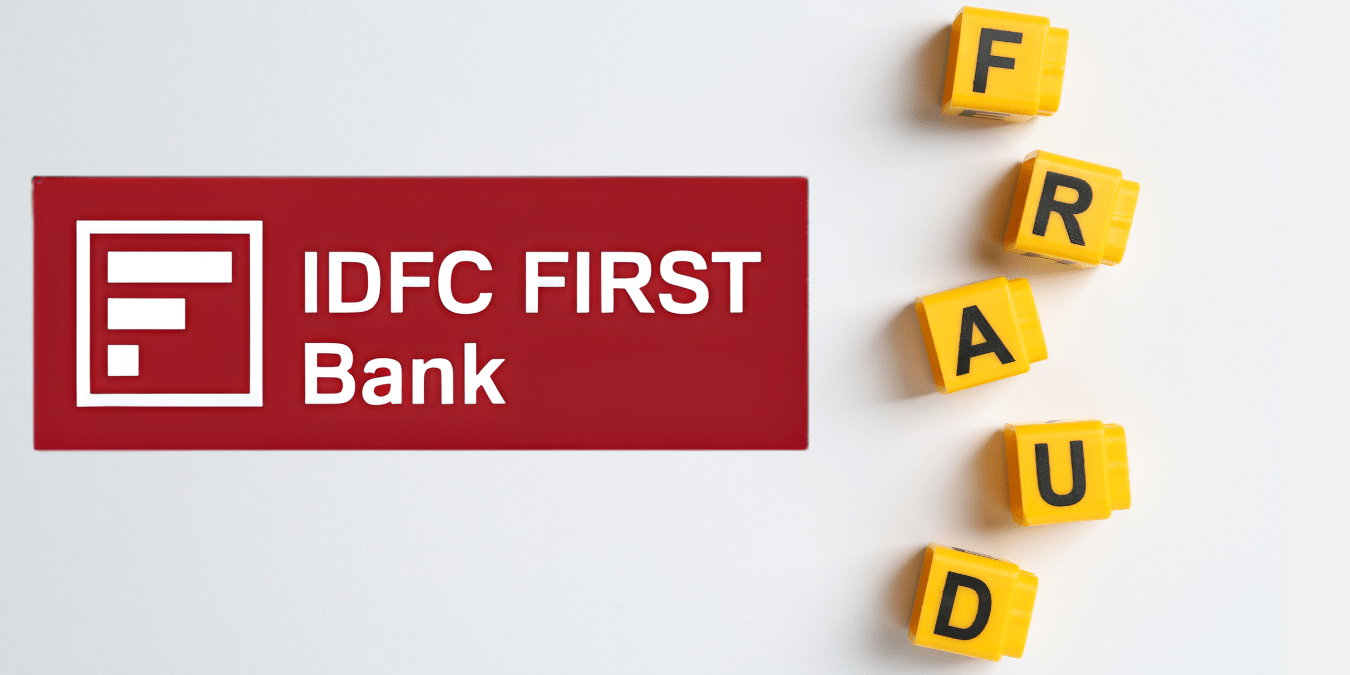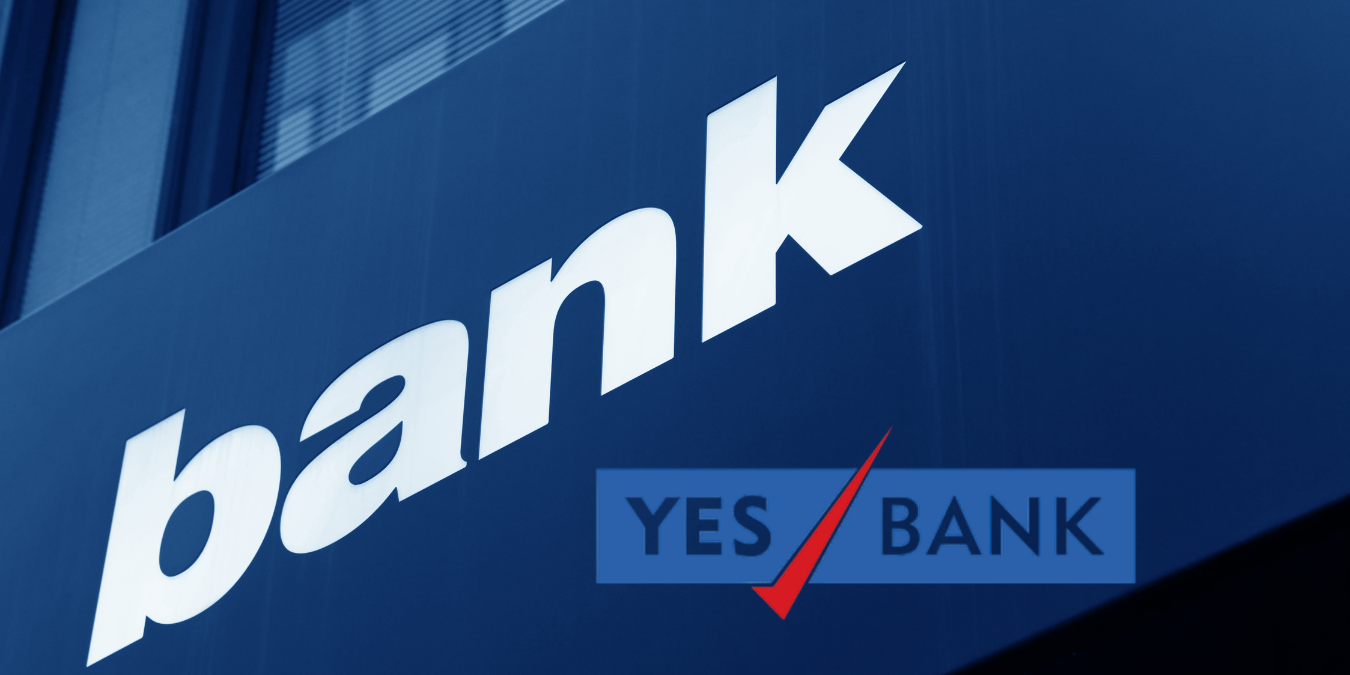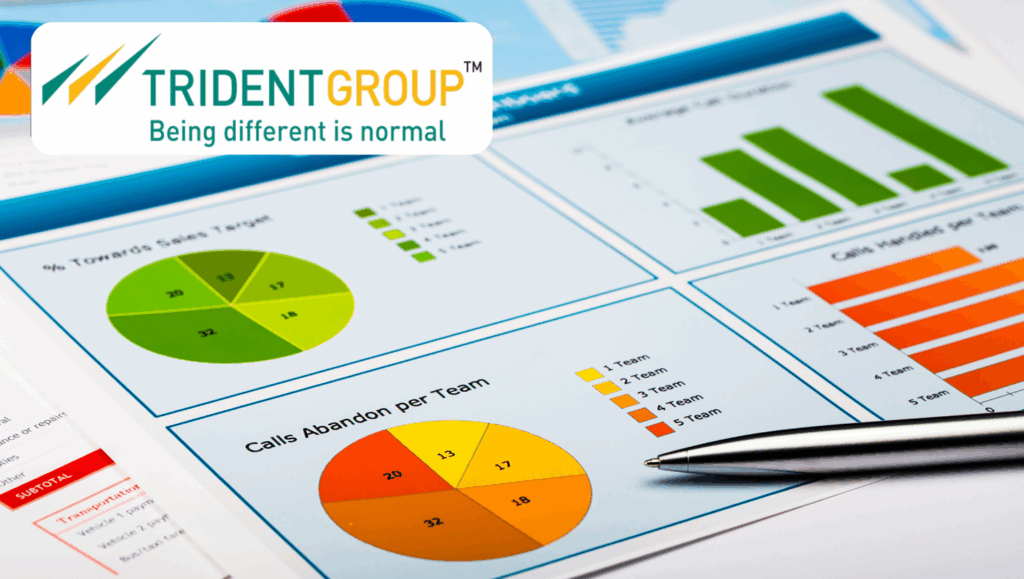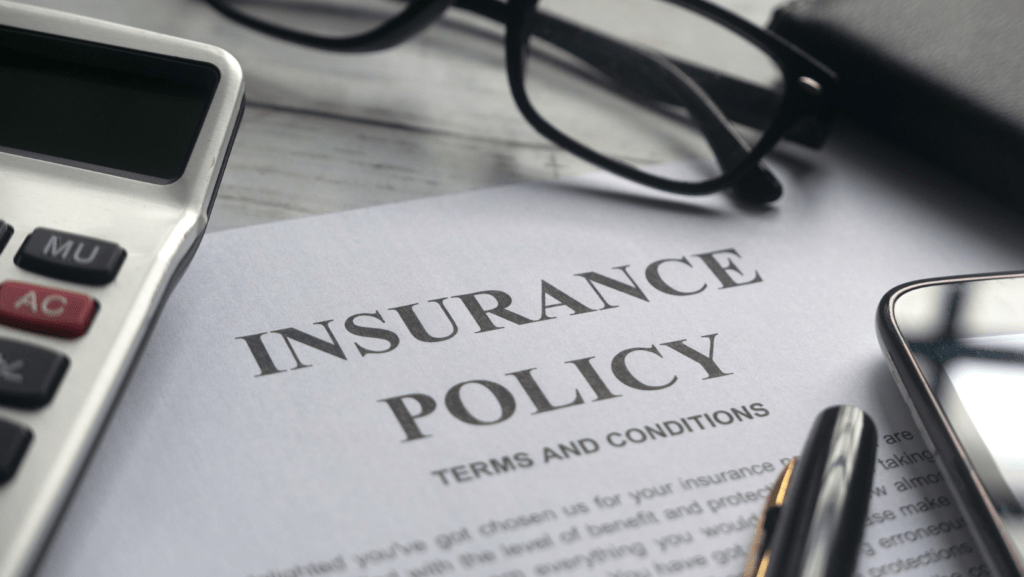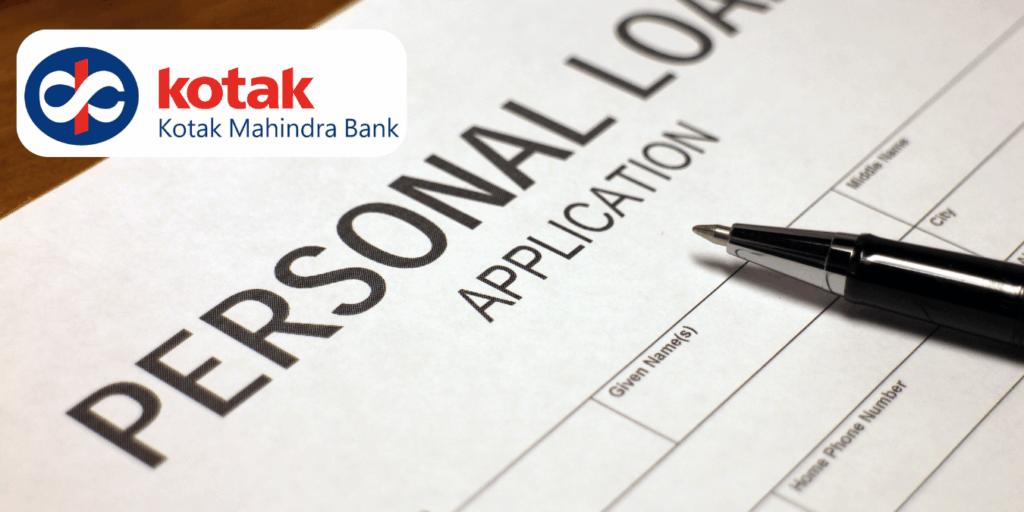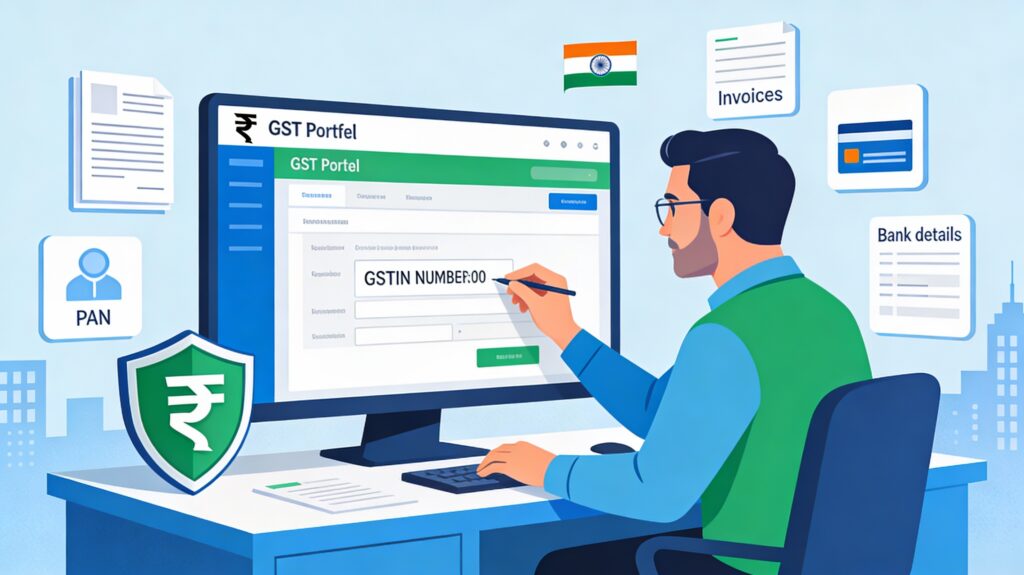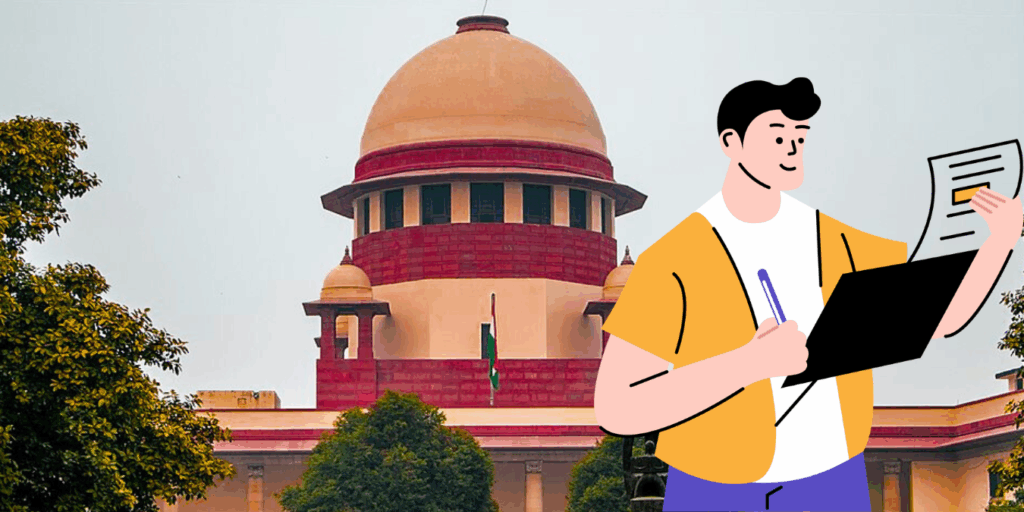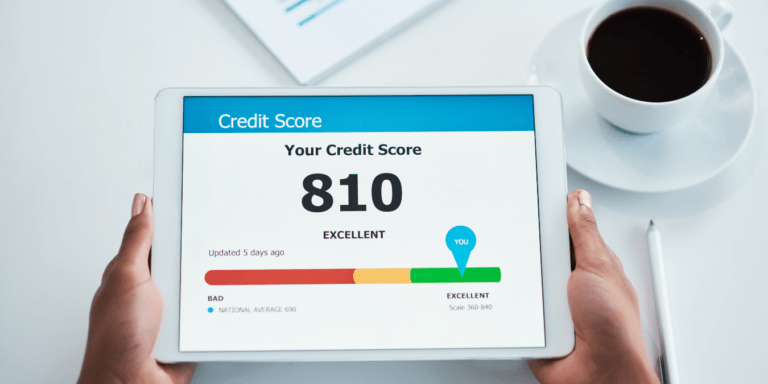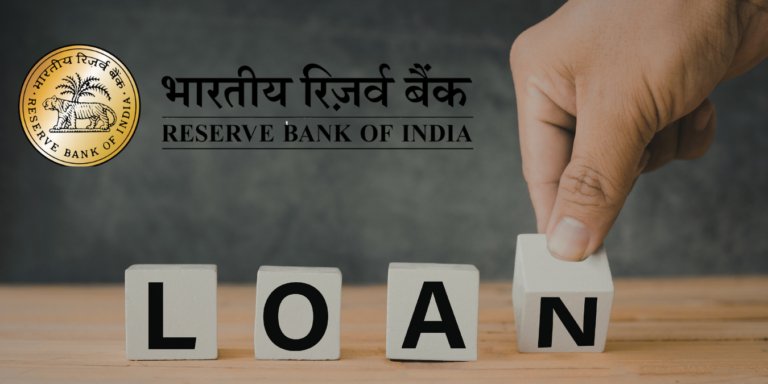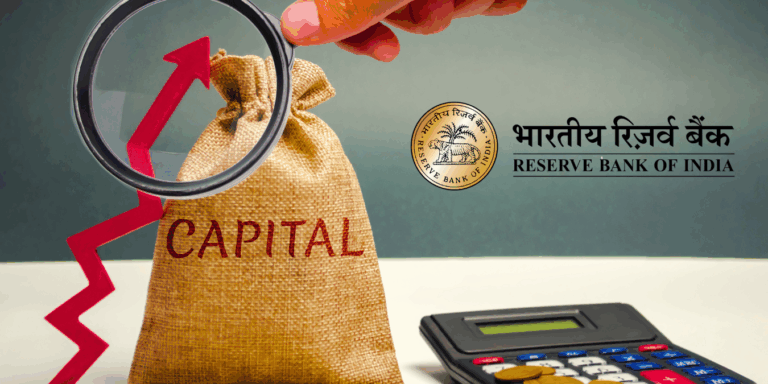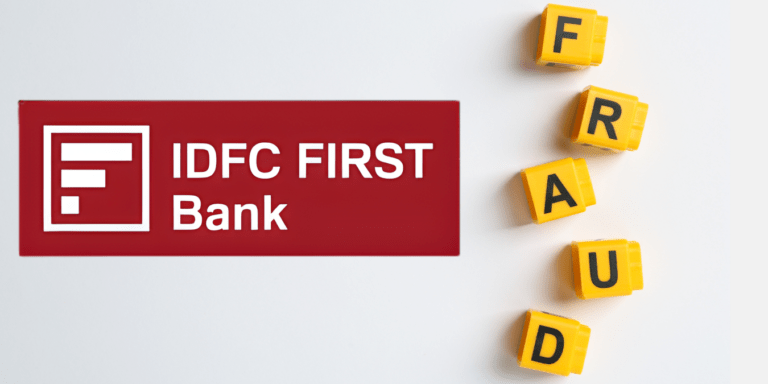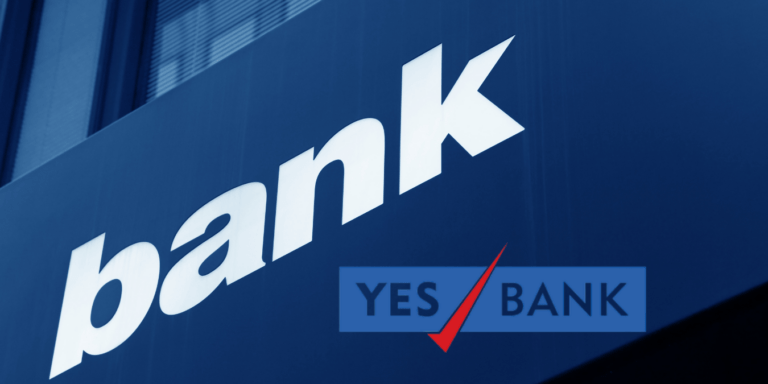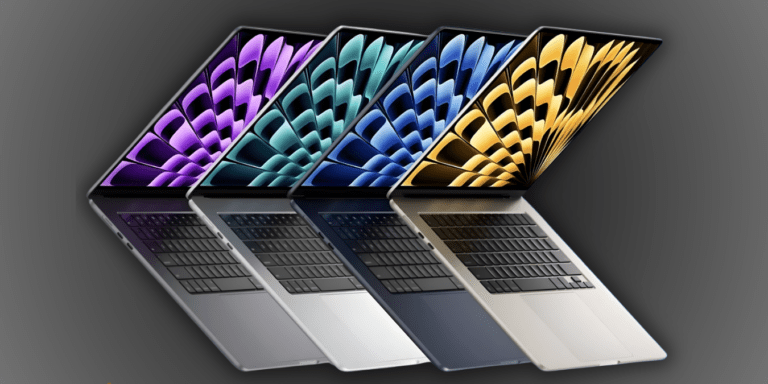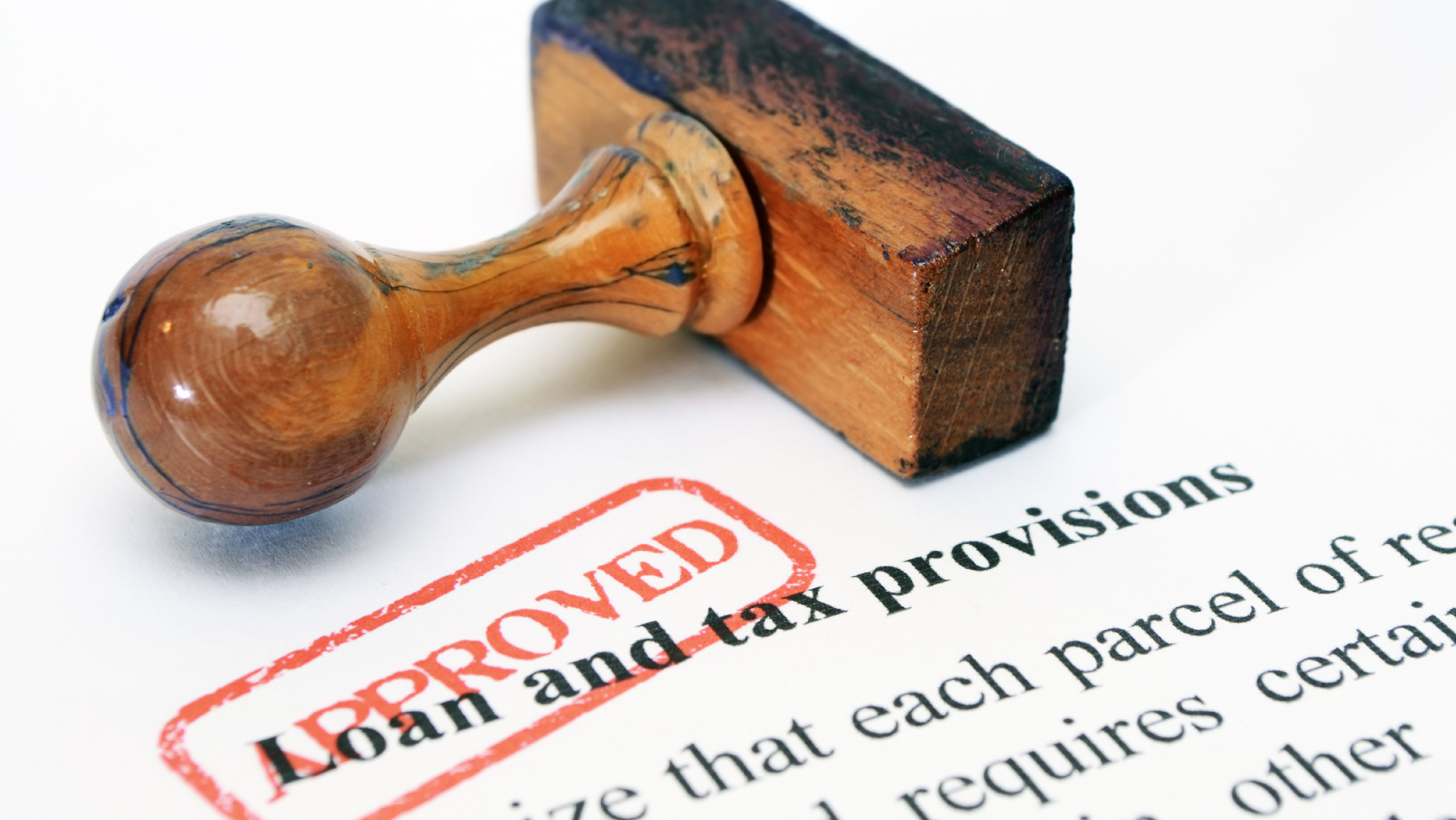
” The tax benefits of personal loans! Learn which expenses—like home improvements, business costs, and education—are tax-deductible. Maximize savings with expert tips on claiming deductions and avoiding common mistakes. Read now to unlock hidden tax advantages and optimize your financial strategy! “
Personal loans are a versatile financial tool that can help you manage unexpected expenses, consolidate debt, or fund major life events. However, many borrowers are unaware that certain personal loan expenses may be tax-deductible. Understanding the tax implications of personal loans can help you maximize your savings and make informed financial decisions. In this comprehensive guide, we’ll explore the tax benefits of personal loans, which expenses are tax-deductible, and how to optimize your tax strategy.
Personal Loans and Tax Benefits
Personal loans are unsecured loans that can be used for a variety of purposes, from consolidating debt to funding a wedding. Unlike secured loans, such as mortgages or auto loans, personal loans do not require collateral. This makes them an attractive option for borrowers who need quick access to funds.
One of the key advantages of personal loans is their flexibility. However, many borrowers overlook the potential tax benefits associated with personal loans. While personal loan interest is generally not tax-deductible, there are specific scenarios where you may be able to claim a tax deduction on certain expenses financed through a personal loan.
General Tax Rules for Personal Loans
In general, personal loans are not considered taxable income because they are a form of debt that must be repaid. However, the interest paid on personal loans is typically not tax-deductible unless the loan is used for specific purposes. Understanding these exceptions can help you take advantage of potential tax benefits.
Are Personal Loan Interest Payments Tax-Deductible?
The short answer is: it depends. In most cases, personal loan interest is not tax-deductible. However, there are exceptions to this rule. The tax deductibility of personal loan interest largely depends on how the loan proceeds are used.
For example, if you use a personal loan for business purposes, the interest may be tax-deductible as a business expense. Similarly, if you use the loan for home improvements, the interest may qualify for a tax deduction under certain conditions.
It’s important to note that the IRS has specific guidelines for determining whether personal loan interest is tax-deductible. To claim a deduction, you must be able to demonstrate that the loan proceeds were used for a qualifying purpose.
Tax-Deductible Personal Loan Expenses
Let’s take a closer look at the specific scenarios where personal loan expenses may be tax-deductible under the Indian Income Tax Act.
a. Home Improvement Loans
If you use a personal loan to fund home improvements, the interest may be tax-deductible under certain conditions. According to Section 24(b) of the Income Tax Act, home improvement loans that increase the value of your home, prolong its life, or adapt it to new uses may qualify for a tax deduction.
Examples:
- Kitchen Renovation: If you take out a personal loan to renovate your kitchen, the interest on the loan may be deductible under Section 24(b).
- Adding a New Room: Constructing an additional room in your house can also qualify for a deduction.
- Energy Efficiency Upgrades: Installing solar panels or energy-efficient windows can be eligible for interest deductions.
The deduction is available up to a limit of ₹30,000 per year on the interest paid for home improvement loans.
b. Business Expenses
If you use a personal loan for business purposes, the interest may be tax-deductible as a business expense under Section 37(1) of the Income Tax Act. This applies to both sole proprietors and business owners.
Examples:
- Purchasing Equipment: Using a personal loan to buy office equipment such as computers and printers.
- Inventory: Funding the purchase of inventory for your business.
- Operating Expenses: Covering operational costs like rent, utilities, and salaries.
It’s important to keep detailed records of how the loan proceeds are used, as the tax authorities may require documentation to substantiate your claim.
c. Investment-Related Expenses
In some cases, the interest on a personal loan used for investment purposes may be tax-deductible under Section 57(iii) of the Income Tax Act. This includes loans used to purchase stocks, bonds, or other investment assets.
Examples:
- Stocks and Bonds: Using a personal loan to invest in the stock market.
- Real Estate Investments: Purchasing rental properties or commercial real estate.
The deduction is subject to certain limitations, and you must be able to demonstrate that the loan was used for investment purposes.
d. Medical Expenses
If you use a personal loan to cover medical expenses, the interest may be tax-deductible under certain conditions. According to Section 80D of the Income Tax Act, medical expenses that exceed 7.5% of your adjusted gross income (AGI) may qualify for a tax deduction.
Examples:
- Diagnosis and Treatment: Expenses related to the diagnosis and treatment of medical conditions.
- Preventive Care: Costs associated with preventive medical care.
e. Education Loans
If you use a personal loan to pay for education expenses, the interest may be tax-deductible under Section 80E of the Income Tax Act. This deduction allows you to deduct the interest paid on loans taken for higher education.
Examples:
- Tuition Fees: Paying for college or university tuition fees.
- Study Materials: Purchasing textbooks, laptops, and other study materials.
- Accommodation: Covering the cost of hostel or rental accommodation for students.
The deduction can be claimed for a maximum of eight years or until the loan is repaid, whichever is earlier.
Non-Deductible Personal Loan Expenses
While there are several scenarios where personal loan expenses may be tax-deductible, there are also many situations where they are not. Some common examples of non-deductible personal loan expenses include:
- Luxury Purchases: Buying luxury items such as jewelry or high-end electronics.
- Personal Expenses: Interest on personal loans used for vacations, weddings, or other personal expenses is not tax-deductible.
- Credit Card Debt: If you use a personal loan to pay off credit card debt, the interest is not tax-deductible.
- Auto Loans: Interest on personal loans used to purchase a car for personal use is not tax-deductible.
How to Claim Tax Deductions
To claim these deductions, follow these steps:
- Maintain Detailed Records: Keep all receipts, invoices, and bank statements related to the loan and its use.
- Itemize Deductions: Ensure you itemize your deductions on your tax return.
- Use Appropriate Forms: Use the correct forms, such as Schedule C (Form 1040) for business expenses and Form 8863 for education-related expenses.
- Consult a Tax Professional: Seek advice from a tax professional to ensure compliance with tax laws and maximize your deductions.
Common Mistakes to Avoid
Avoid these common mistakes when claiming tax deductions:
- Inadequate Documentation: Ensure you have proper documentation to support your claims.
- Incorrectly Claiming Non-Deductible Expenses: Only claim expenses that qualify for deductions.
- Mixing Personal and Business Expenses: Keep personal and business expenses separate.
- Not Seeking Professional Advice: Consult a tax professional to navigate complex tax laws.
By understanding the specific sections of the Income Tax Act and maintaining proper documentation, you can effectively claim tax deductions on eligible personal loan expenses.
How to Claim Tax Deductions on Personal Loans
To claim a tax deduction on personal loan expenses, you must follow these steps:
- Determine Eligibility: Ensure that the loan proceeds were used for a qualifying purpose, such as home improvements, business expenses, or education.
- Keep Detailed Records: Maintain accurate records of how the loan proceeds were used, including receipts, invoices, and bank statements.
- Complete the Appropriate Tax Forms: Depending on the type of expense, you may need to complete different tax forms. For example, business expenses may require Schedule C, while home improvement expenses may require Form 1098.
- Consult a Tax Professional: If you’re unsure about your eligibility or how to claim a deduction, consult a tax professional for guidance.
Tips for Maximizing Tax Benefits on Personal Loans
Here are some tips to help you maximize the tax benefits of personal loans:
- Use Loans for Qualifying Expenses: Whenever possible, use personal loans for expenses that qualify for tax deductions, such as home improvements or business expenses.
- Keep Accurate Records: Maintain detailed records of how loan proceeds are used, as this will be essential if the IRS audits your return.
- Consult a Tax Professional: A tax professional can help you navigate the complexities of tax deductions and ensure that you’re maximizing your savings.
- Stay Informed: Tax laws are constantly changing, so it’s important to stay informed about the latest updates and how they may impact your tax strategy.
Common Mistakes to Avoid
When it comes to claiming tax deductions on personal loans, there are several common mistakes to avoid:
- Failing to Keep Records: Without accurate records, you may not be able to substantiate your claim in the event of an audit.
- Misusing Loan Proceeds: Using loan proceeds for non-qualifying expenses can result in the loss of potential tax benefits.
- Overlooking Deductions: Many borrowers overlook potential deductions, such as those for home improvements or business expenses.
- Filing Incorrectly: Filing your taxes incorrectly can result in penalties or the loss of deductions.
Understanding the tax benefits of personal loans can help you make informed financial decisions and maximize your savings. While personal loan interest is generally not tax-deductible, there are specific scenarios where you may be able to claim a deduction. By using personal loans for qualifying expenses, keeping accurate records, and consulting a tax professional, you can optimize your tax strategy and make the most of your financial resources.
Remember, tax laws are complex and subject to change, so it’s important to stay informed and seek professional advice when necessary. By doing so, you can ensure that you’re taking full advantage of the tax benefits available to you.
Frequently Asked Questions (FAQs)
Q1: Can I deduct personal loan interest on my taxes?
A: In most cases, personal loan interest is not tax-deductible. However, there are exceptions if the loan is used for qualifying expenses, such as home improvements, business expenses, or education.
Q2: What expenses qualify for a tax deduction on personal loans?
A: Expenses that qualify for a tax deduction on personal loans include home improvements, business expenses, investment-related expenses, medical expenses, and education expenses.
Q3: How do I claim a tax deduction on personal loan interest?
A: To claim a tax deduction on personal loan interest, you must determine eligibility, keep detailed records, complete the appropriate tax forms, and consult a tax professional if necessary.
Q4: Can I deduct personal loan interest used for debt consolidation?
A: No, interest on personal loans used for debt consolidation is not tax-deductible.
-
Which Bank Gives the Cheapest Personal Loan in February 2026? Here’s What 10 Lenders Are Actually Offering
Kotak is offering 9.98%. SBI is at 10.05%. But most Indians are still paying 18%+ on personal loans
-
IDFC First Bank Chandigarh Branch Fraud: How Rs 590 Crore Went Missing From Haryana Government Accounts
A routine account closure request exposed a Rs 590 crore black hole inside IDFC First Bank’s Chandigarh branch
-
YES Bank Aims for 1% ROA by FY26: Is India’s Most Dramatic Banking Comeback Finally Complete?
YES Bank was frozen overnight in 2020 — depositors locked out, futures uncertain. Now, its CFO is quietly

